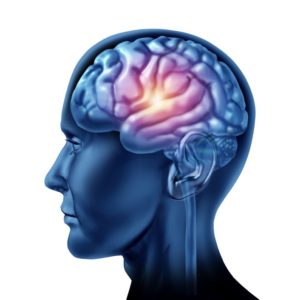Education for Behavior Analysts
Credentialed behavior analysts serve a very important role in the following tasks: working as case managers; designing and modifying treatment plans; analyzing behaviors and environmental influences; and ensuring that professional interventions for clients are performed in a consistently ethical manner.
In this ever growing field, the possibilities for employment are being created at a rapid pace, so that today’s Behavior Analysts may be employed by traditional institutions or be self-employed with a salary range between $39,000 and $77,000, according to The Bureau of Labor Statistics.
More and more states are licensing the profession. Behavior analysts have the option of pursuing Board-certification by the Behavior Analyst Certification Board. A Board-Certified professional will also complete a supervised practicum requirement and pass an examination. It remains important for behavior analysts to consistently adhere to the BACB code of ethics.
Educational
A Master’s level education is crucial for a Board Certified Behavior Analyst. Prospective behavior analysts may complete degrees specifically in behavioral analysis; or they may qualify with degrees in education, or psychology, provided that they also have the required coursework. Many schools offer the Approved Course Sequence (ACS). A candidate who wants non-ACS coursework to be considered must submit an application for coursework evaluation.
This promising career of behavior analysis is presently being offered by several schools that offer Master’s degrees specifically in applied behavior analysis.
Check out this link.
There are numerous educational opportunities that can lead to a fulfilling career as a Behavioral
Analysis with most universities offering both a Master’s and Graduate Certificate programs that are approved by the BACB and assist with the BCBA examination.
A Board Certified Behavior Analyst will have, at the minimum, 270 hours of instruction in Board-mandated areas, so make sure that you pay attention to the following requirements:
- 45 hours of Principles of behavior analysis
- 45 hours of Ethical and professional conduct
- 45 hours of Elements and procedures of behavior change
- 30 hours of Problem identification and assessment
Included on the following list are many of the techniques being taught that have proven important to the profession:
- Modeling and imitation training
- Shaping and chaining
- Prompts and fading
- Positive and negative reinforcement
- Self-management strategies
- Augmentative communication
- Incidental teaching
- Token economies
Requirements
The Behavior Analysis Certification Board can accept 1,000 hours of practicum or 750 hours of intensive practicum. Approval by the BACB is required for acceptance of practicum experience. Prospective students who do not complete practicum experiences through their schools can qualify on the basis of supervised work experience (will need to be a full 1,500 hours). The BACB maintains a registry to help candidates find the right professionals to supervise their practice.
Additional Resources
The Association of Professional Behavior Analysts offers a link to state licensing boards and professional organizations. Many states have their own APBA chapters. This is an excellent resource.

